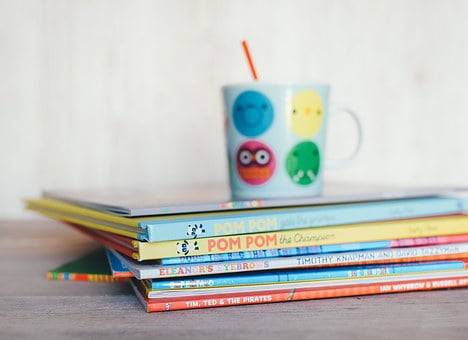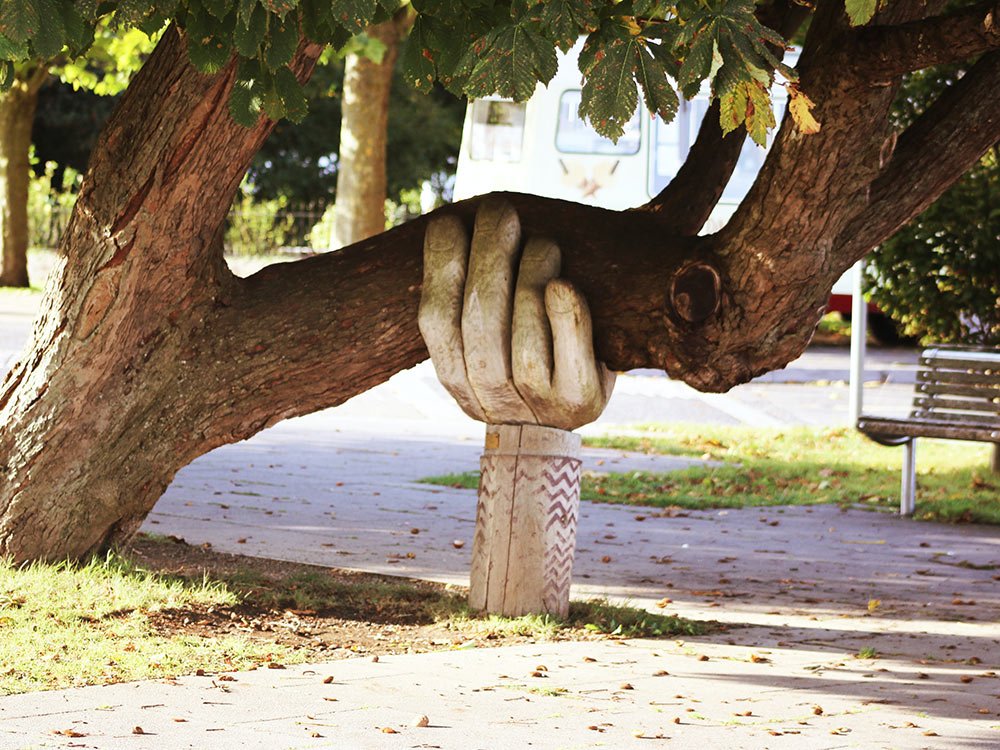Divorce. The word is common, but that doesn’t mean it’s readily understood. For children who know what the word itself means, they may still feel caught in the middle, lonely, confused and hurt. This is where books may be helpful. At Lift Legal, we’ve assembled the following list of age-appropriate books, suitable for school-aged children (ages 7–11).
Stories of families going through separation and divorce allow children to connect with characters whose feelings and experiences mirror their own. When looking for books for school-aged children, seek out stories whose characters face their situations with grit, imagination, humor, sensitivity and bravery. These types of relatable tales can help your child better understand changing family dynamics, moving to a different community or a different school, and making new friends. It can also help him or her deal with parallel parenting, new living situations and new relationships.
Big & Little Questions (According to Wren Jo Byrd) (Kathy Dawson Books; 240 pages)
The start of a new school year is hard enough, but nine-year-old Wren Jo Byrd now has to deal with the possibility that everyone will find out her parents separated over the summer. No one knows the truth, not even Wren’s best friend, Amber. Worse still, a new girl, Marianna, moved to town and wants to be Amber’s best friend. In this sometimes heartbreaking, sometimes heartwarming book by Julie Bowe, Wren soon discovers that secrets separate us from friends when we need them most. Just as important, Wren also learns that Marianna once had to ask many of the same big and little questions that she is asking now.
It’s Not the End of the World (Atheneum Books; 240 pages)
Asked by her teacher why she had to take her Viking diorama out of the sixth-grade showcase, it’s all 11‑year-old Karen Newman can do to keep from yelling. The entire class is looking at her, and she just can’t bring herself to say, “To keep my parents from getting divorced!” Her world is upside-down: her dad moved out weeks ago and is now going to Las Vegas to get divorced. Karen has only a few days to get her parents together in the same room. Maybe then—just maybe—they could forget all about the divorce and be a family again. In this classic novel by Judy Blume, Karen comes to learn something she hadn’t realized before: sometimes people who shouldn’t be apart are impossible together.
The Great Treehouse War (Philomel Books; 288 pages)
Custody arrangements can be challenging for children, but perhaps never more so than for nine-year-old Winnie, whose last day of fourth grade ended with a life-changing surprise. That was the day her parents got divorced and decided that she would live three days week with her mom, three days a week with her dad, and Wednesdays in a treehouse between her parents’ houses. By the end of fifth grade, Winnie is fed up and decides that the only way to change things is to barricade herself in her treehouse until her parents come to their senses. She, along with nine of her closest friends, face off against grownups in this surprising, charming and utterly unique tale by author Lisa Graff.
Buttermilk Hill (Farrar, Straus and Giroux; 176 pages)
For 10-year-old Piper Berry, life in Buttermilk Hill, North Carolina, was going well. That is, until her parents’ divorce. Her father remarries, adopts two sons and has a baby daughter. Her mom’s time is consumed with waiting tables and college classes. Feeling as though she doesn’t belong anymore and searching for a way to make sense of a world turned upside-down, Piper discovers poetry. Her new talent may change everything as she finds a voice to say the things that are hardest. In this sensitive story by Ruth White, Piper eventually finds a way to make an important decision about following her own dreams.
Keep reading fun
Everyone enjoys levity and humour, and children are no exception. They appreciate stories—good stories—that are fun to read.
Look for books that aren’t necessarily about divorce. Your son or daughter may find books about children whose parents aren’t together, or books about children in stressful situations, equally useful. The more children find books and stories relatable, the less isolated, sad and fearful they will feel.
Remember, too, that not every book your child reads has to be tied to a real-life situation. Reading is meant for fun, learning, exploration and stretching the imagination. Let your child escape from time to time.
Do you have a book recommendation you’d like to see included on a future book list? Drop us a line with a short description or review.













